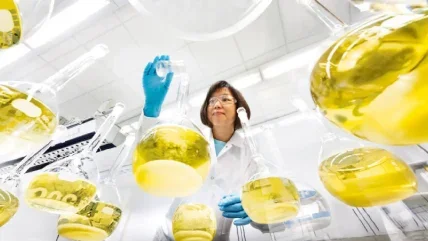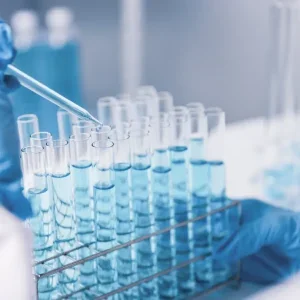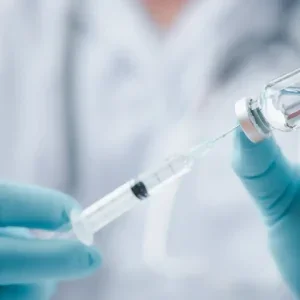
Bayer has extended its 16-year partnership with Tsinghua University (THU) for an additional three years to accelerate drug discovery and development in China.
The agreement involves Bayer continuing to fund and support joint research projects and scientists at THU, enhancing scientific research exchanges.
Since its inception in 2009, the partnership has led to over 70 joint research projects and more than 10 publications in top international journals.
In 2022, the Bayer Microfunding programme was launched, supporting nine projects in the past three years.
Bayer’s academic collaborations, including those with Tsinghua and Peking University, are crucial to its research and development strategy.
Since 2009 and 2014, respectively, these partnerships have resulted in over 100 research projects, focusing on novel targets, drug mechanisms, and innovative formulations.
Bayer Pharmaceuticals Global Head of Research and Development Christian Rommel said: “The innovation ecosystem in China is rapidly evolving, marked by remarkable advancements in scientific and medical research.
“This progress is driven by the dedicated efforts and strong collaborations among innovators of science and business.
“We are proud that our partnership with Tsinghua University has set a benchmark for scientific research collaboration between multinational pharmaceutical companies and high-profile academic institutions in China.
“We look forward to this strategic alliance continuing to expand the frontiers of cutting-edge science and translating groundbreaking discoveries into transformative treatments for patients.”
With more than 140 years in China, Bayer has established two global R&D centres and four production facilities.
Bayer is actively engaging with China’s biotech ecosystem, with over 80% of its major multi-centre clinical trials are conducted in China, covering early and late-stage development.
In September last year, Bayer Co.Lab opened a new site in China, to incubate 10 to 15 startups on oncology, cardiovascular and renal diseases, and cell and gene therapies.
Five biotech companies from China have joined Bayer Co.Lab.
In addition, Bayer and Puhe BioPharma have entered a global licence agreement for a PRMT5 inhibitor targeting MTAP-deleted tumours.
Bayer gains exclusive worldwide rights to develop and commercialise the inhibitor, with a Phase 1 human dose escalation study already underway.
Tsinghua University Professor of School of Life Sciences and Vice-President, and Bayer Endowed Chair 2018 Hongwei Wang said: “Over the past sixteen years, Tsinghua University and Bayer have forged a trusted and synergistic partnership that has continuously advanced the integration of scientific discovery and pharmaceutical innovation.
“This collaboration has supported cutting-edge research targeting major global health challenges and has become a model for end-to-end cooperation between Chinese universities and international pharmaceutical companies.
“The signing of the sixth-phase agreement marks a significant milestone in our shared mission to accelerate the translation of basic research into impactful therapies. We greatly value this long-standing strategic collaboration with Bayer.
“Moving forward, Tsinghua will continue to leverage its strengths in disciplines, talent, and research platforms to explore the frontiers of original innovation with Bayer and contribute to the sustainable advancement of global healthcare.”
Recently, Bayer has divested its commercial rights to Testoviron to UK-based pharmaceutical company Advanz Pharma, for Europe and selected markets in Latin America, the Middle East & Africa, and Asia-Pacific.






